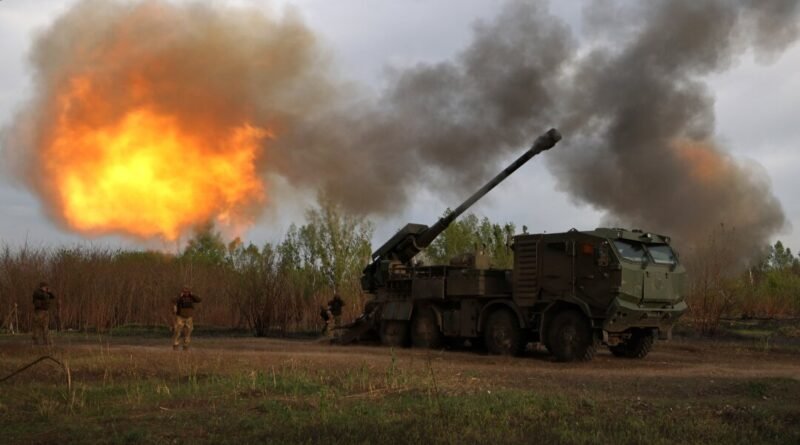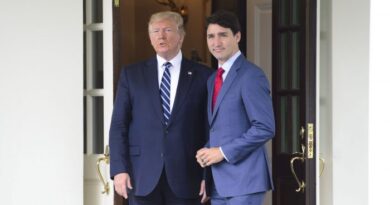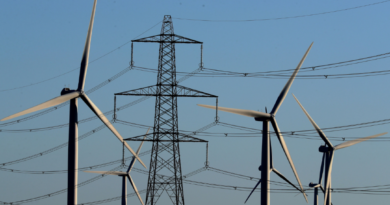Senate Committee Learns Military Tactics and Strategy from Ukraine War: CCP
Retired Major-General Mick Ryan has expressed that there is a 10-20 percent chance of another major conflict within the decade.
The Chinese Communist Party (CCP) has been studying military aggression and foreign leader interaction tactics from the Ukraine War, as revealed in a statement made in an Australian Senate Committee.
According to Mick Ryan, a retired major general of the Australian Army, on Aug. 5, “The Chinese excel at learning from the wars of others.”
“They started observing during the Falklands War. They gained valuable insights during the 1991 Gulf War. In fact, their entire reform and opening up program is largely based on lessons learned from the 1991 experiences,” he stated during the Senate Standing Committee on Foreign Affairs.
“The years 2003 invasion of Iraq and 2001 invasion of Afghanistan were under close scrutiny by them. These wars served as a testing ground for weapons, ideas, and policies. I believe they have extracted valuable lessons on how to handle foreign leaders of invaded countries.”
Major General Ryan also cautioned that the CCP has learned from Ukraine that “this type of aggression can indeed be effective.”
He added, “They view the Russians as successful, especially the swift nuclear deterrence to prevent further Western response… The Chinese are poised to apply similar practices. They cannot risk a situation like Zelensky’s in Taiwan, and they have grasped the severity with which citizens of an invaded country can be treated without consequences from the global community.”
Major General Ryan was recognized as a member of the Order of Australia (AM) for his leadership of Australia’s initial reconstruction task force in Afghanistan.
10-20 Percent Chance of Conflict in the Next Decade
In the midst of these revelations, the retired general cautioned about a 10 to 20 percent likelihood of conflict surfacing before the decade closes, a prospect he termed as “terrifying” due to the probable severity, which would surpass the ongoing crisis in Ukraine.
Upon inquiry by Liberal Senator Claire Chandler, the committee’s deputy chair, about Australia’s role in supporting Ukraine, Ryan highlighted the emergence of a new global threat.
He asserted, “An axis formed by Russia, China, Iran, and North Korea now poses a significant global menace to the sovereignty and well-being of all democratic nations backing Ukraine.”
He further explained, “These four nations are bound not by agreements like the NATO Alliance, but by a shared belief in the decline of the West and their impending ascendancy. Thus, when one achieves success, it emboldens the others.”
Ryan also stressed that a triumph by Russia in Ukraine would embolden other nations like China in the Australian region to consider similar aggressive actions.
Australia Not Offering Sufficient Support to Ukraine
Ryan, a John Hopkins University School of Advanced International Studies alumnus and a senior fellow specializing in Military Studies at the Lowy Institute, suggested that Australia’s current assistance to Ukraine falls short.
He expressed, “While Australian aid, like that from other countries, may help Ukraine to a limited extent, it is insufficient for them to overcome the Russian forces in Ukraine.”
He pointed out, “Australia’s financial commitment is still minimal compared to the magnitude of the conflict. Our current annual support stands at around $500 million, which constitutes about 0.024 percent of our GDP. To put it differently, this figure is less than 1 percent of our yearly defense budget, or less than half a week’s worth of defense spending.”
When questioned about the reasons for Australia’s apparent lack of adequate support, Ryan succinctly responded, “The war is ongoing.”
He emphasized, “While there is a clear strategic imperative, the moral obligation of supporting Ukraine cannot be overlooked.”





